
Freezone vs. Mainland Business Setup in U.A.E
Table of Contents
Related Articles


Sugar Tax Reform Will Crush Small UAE Drink Brands

The Impact of CARF on UAE Crypto Traders | Ready to Report FTA

Let's Talk
Sign Up For Free Consultation
Freezone vs. Mainland Business Setup
When considering business setup in the UAE, entrepreneurs must weigh the options between Freezone and Mainland entities. Freezone companies offer significant advantages, such as 100% foreign ownership and various tax exemptions, which make them particularly appealing for international businesses focused on trade and export. Freezones are designed to attract foreign investment by providing a simplified regulatory framework and infrastructure tailored to specific industries, such as technology, logistics, and finance. However, these companies often face restrictions when it comes to directly engaging with the UAE market, requiring partnerships with local distributors for local sales.
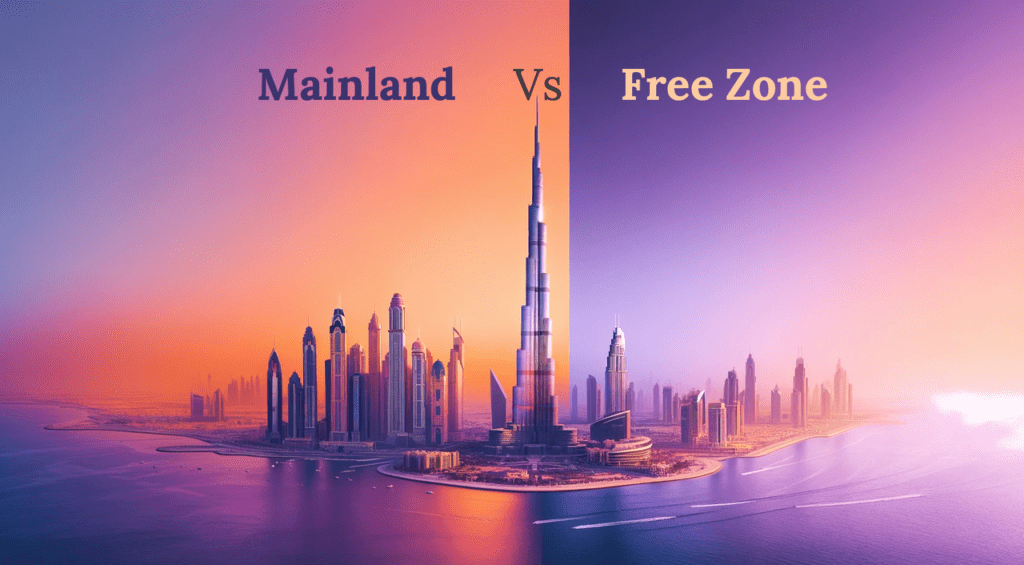
On the other hand, Mainland business setups provide companies with the ability to operate freely within the UAE’s local market, which is crucial for businesses targeting local consumers. Although they typically require a local sponsor who holds at least 51% of the shares, recent reforms have allowed for 100% foreign ownership in certain sectors, expanding opportunities for international investors. Mainland companies enjoy greater flexibility regarding business activities and can access a wider range of commercial licenses, making them a more viable option for businesses planning to scale and engage directly with the local market.
Ultimately, the decision between Freezone and Mainland setups hinges on an entrepreneur’s specific business goals, target market, and operational needs. Factors such as industry regulations, cost implications, and long-term growth strategies should be carefully considered. Engaging with professional services, like those offered by Tulpar Global Taxation Services, can provide valuable insights and assistance in navigating the complexities of the UAE business landscape, ensuring a smooth and compliant setup process.
Understanding the UAE Business Landscape
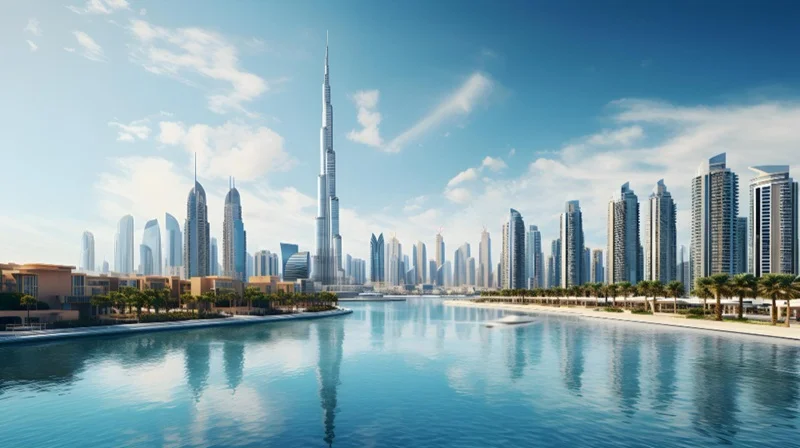
The United Arab Emirates (UAE) has emerged as a global hub for business and investment, attracting entrepreneurs from around the world with its dynamic economy, strategic geographical location, and favorable regulatory framework. The decision of whether to establish a company in a Freezone or on the Mainland is pivotal for business owners, as each option presents distinct advantages and operational considerations. Freezones offer benefits such as full foreign ownership, tax exemptions, and simplified setup procedures, making them particularly appealing for businesses focused on international trade and export. However, companies in Freezones may encounter restrictions on conducting direct business with the UAE market, requiring partnerships with local distributors or agents.
In contrast, establishing a business on the Mainland allows for greater flexibility and access to the local market, which is essential for companies aiming to serve UAE residents directly. While Mainland setups often require a local sponsor, recent reforms have enabled 100% foreign ownership in specific sectors, further enhancing the attractiveness of this option. This article explores the fundamental differences, key benefits, and essential considerations for entrepreneurs contemplating their business setup in the UAE. By understanding these factors, business owners can make informed decisions that align with their long-term goals and operational strategies. For expert guidance and support, Tulpar Global Taxation Services is well-positioned to assist entrepreneurs in navigating the complexities of the UAE business landscape.
What is a Freezone Company?
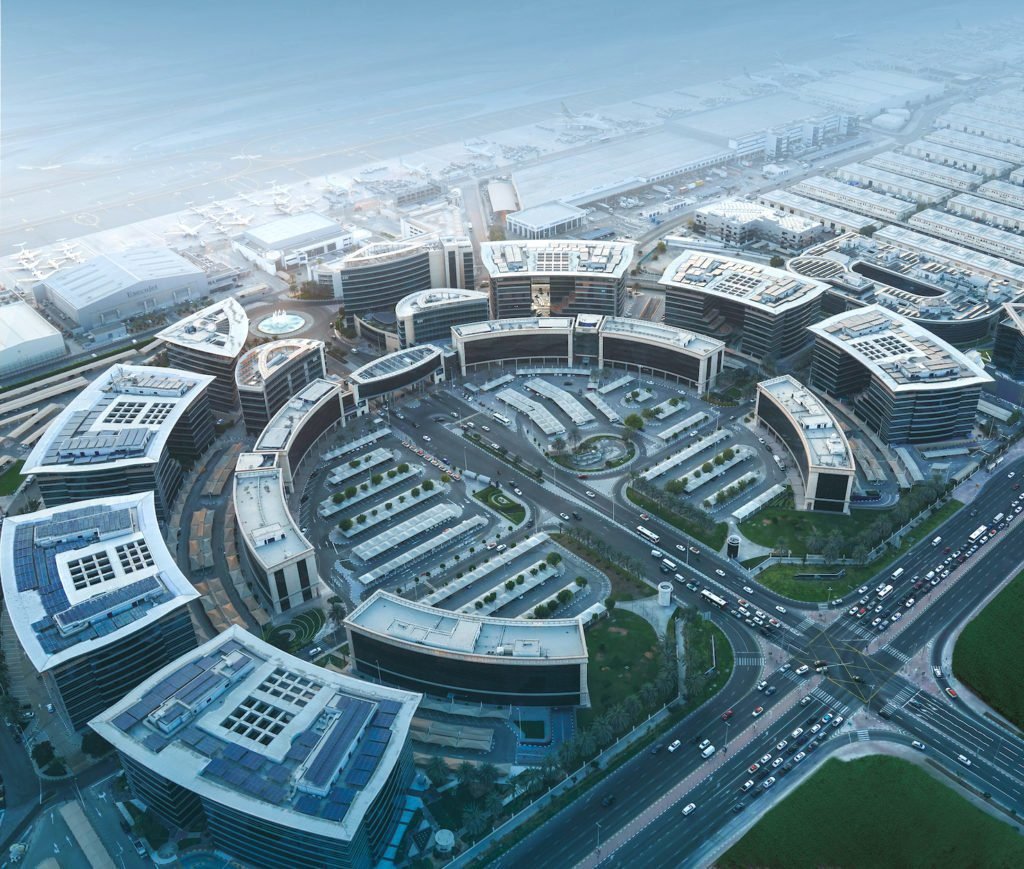
Definition and Characteristics
A Freezone is a specific area within the UAE that allows foreign companies to operate with unique benefits. These zones are typically designed to attract international businesses by offering a range of incentives, including tax exemptions and full ownership rights.
Key Characteristics of Freezone Companies:
- 100% Foreign Ownership: Unlike Mainland companies, Freezone entities can be fully owned by foreign investors without the need for a local partner.
- Tax Incentives: Freezone companies enjoy a variety of tax exemptions, including no corporate tax and no import or export duties for a specific period.
- Simplified Setup Process: The registration process for Freezone companies is generally straightforward, often taking only a few days to complete.
Types of Freezones in the UAE
The UAE is home to over 45 Freezones, each tailored to specific industries. Some prominent Freezones include:
- Dubai Multi Commodities Centre (DMCC): Ideal for trading businesses, particularly in commodities.
- Dubai Internet City: Focused on technology and IT-related businesses.
- Sharjah Airport International Free Zone: Known for logistics and import/export businesses.
Understanding Mainland Business Setup

Understanding Mainland Business Setup in the UAE involves navigating a framework that allows companies to operate freely within the local market. A Mainland company is registered with the Department of Economic Development (DED) in the respective emirate, enabling direct engagement with UAE consumers and businesses. Unlike Freezone setups, which are often restricted to certain industries, Mainland businesses have the flexibility to obtain a wide variety of commercial licenses and engage in diverse business activities. Although traditionally requiring a local sponsor who holds at least 51% ownership, recent regulatory reforms have enabled 100% foreign ownership in certain sectors, making it increasingly attractive for international investors.
Additionally, Mainland businesses benefit from an expansive market reach and are eligible to bid on government contracts, providing them with significant growth opportunities. To navigate the complexities of the setup process, consulting with experts like Tulpar Global Taxation Services can provide valuable insights and ensure compliance with local regulations.
Definition of Mainland Companies
Mainland companies are businesses registered in the UAE’s mainland areas and are governed by the UAE Commercial Companies Law. These companies have the flexibility to operate anywhere in the UAE and engage in a broader range of activities.
Key Features and Benefits
The key features and benefits of setting up a Mainland business in the UAE are multifaceted, making it an appealing option for many entrepreneurs. One of the primary advantages is the unrestricted access to the local market, allowing businesses to engage directly with consumers and other companies without intermediary requirements. Mainland businesses can obtain a diverse range of licenses, catering to various industries, from retail to manufacturing, enhancing their operational flexibility. Additionally, the recent regulatory changes allowing 100% foreign ownership in specific sectors provide foreign investors with greater control over their enterprises.
This setup also opens up opportunities for participating in government contracts and larger projects, further increasing potential revenue streams. Moreover, the ability to set up physical offices anywhere in the UAE, combined with the robust infrastructure and logistical advantages, positions Mainland businesses favorably in the competitive landscape. For expert assistance in navigating these opportunities, Tulpar Global Taxation Services can offer tailored support and strategic advice.
Advantages of Mainland Companies:
- Access to Local Market: Mainland businesses can freely operate within the UAE market, allowing direct access to local customers without restrictions.
- Diverse Business Activities: They can engage in various business activities, expanding their operational scope compared to Freezone entities.
- Flexibility in Business Operations: Mainland companies are generally not limited by the activities defined in their licenses.
Comparing Freezone and Mainland Business Structures
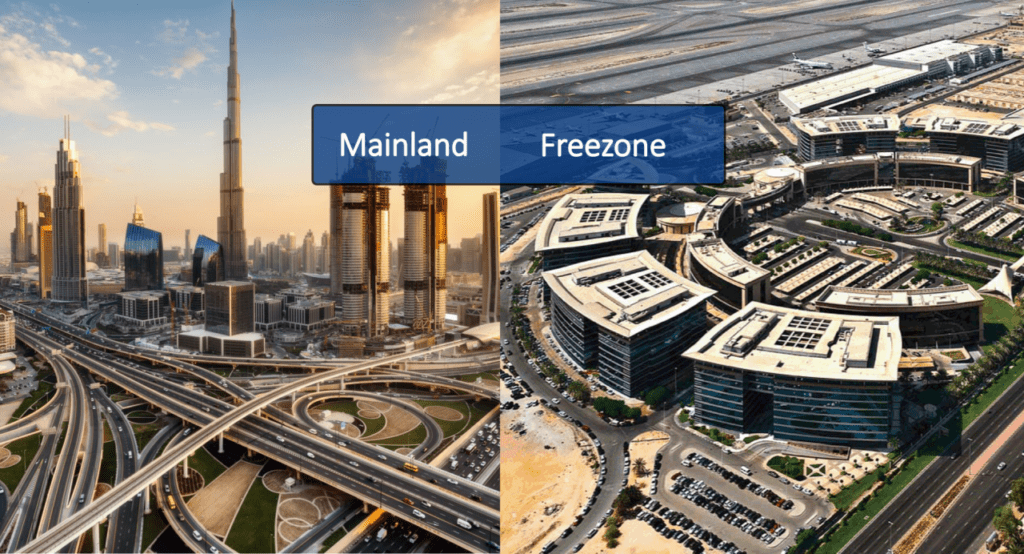
Comparing Freezone and Mainland business structures in the UAE reveals distinct advantages and operational nuances that entrepreneurs must consider when deciding where to establish their ventures. Freezone companies are primarily designed for international business activities, allowing 100% foreign ownership and offering various tax incentives, such as exemption from corporate taxes for a specified period. However, they often face limitations regarding direct trade with the local UAE market, requiring businesses to work through local distributors. In contrast, Mainland business structures offer the flexibility to operate freely within the local market, catering directly to UAE consumers and businesses.
Although they typically require a local sponsor who holds at least 51% ownership, recent reforms have allowed for 100% foreign ownership in certain sectors. This access to the local market can lead to greater growth opportunities, including participation in government tenders and a broader range of commercial licenses. Ultimately, the choice between Freezone and Mainland structures depends on an entrepreneur’s specific business goals, market strategy, and target audience, making it essential to carefully evaluate both options. For further assistance, Tulpar Global Taxation Services provides expert guidance to help navigate these decisions effectively.
Ownership and Control
The ownership structure is a significant differentiator between Freezone and Mainland companies. While Freezone companies offer 100% foreign ownership, Mainland companies typically require a local sponsor who holds 51% of the shares. However, recent reforms have allowed for 100% foreign ownership in specific sectors, providing more flexibility for investors.
Market Access and Operations
Freezone companies primarily target international markets and often face restrictions when dealing directly with the UAE market. They must partner with a local distributor to sell products locally. Conversely, Mainland companies can operate freely across the UAE, which is essential for businesses looking to establish a local customer base.
Cost Implications
- Setup Costs: The initial costs of setting up in a Freezone can be lower due to minimal licensing fees and office requirements. In contrast, Mainland setups may incur higher costs due to local sponsorship fees and potential additional expenses related to physical office space.
- Operational Costs: Ongoing operational costs can vary based on the industry and business model. Freezone companies may face additional fees for local market access if they wish to sell their products directly.
Compliance and Regulatory Framework
Both Freezone and Mainland businesses are subject to UAE laws, but compliance requirements differ. Freezone companies operate under specific regulations established by the respective Freezone authorities, which may include simplified reporting and compliance processes. Mainland companies, however, must adhere to broader UAE laws, which can be more stringent.
Factors to Consider When Choosing Between Freezone and Mainland
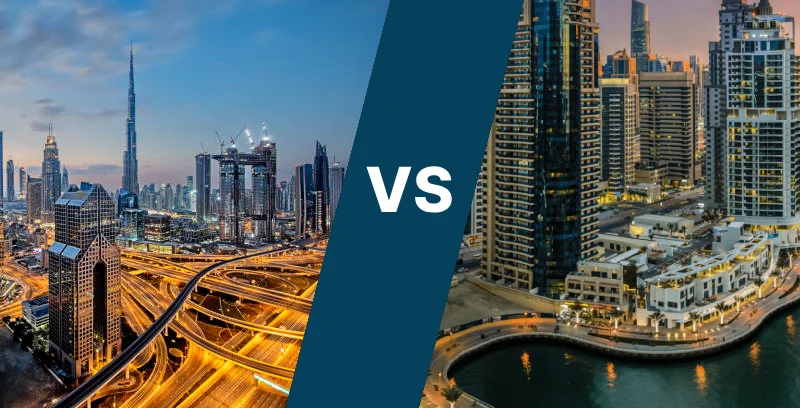
- Business Goals and Objectives: Identifying your business goals is crucial. If your primary focus is international trade and you don’t plan to engage much with the local market, a Freezone may be more suitable. However, if your target market includes local customers, a Mainland setup is likely the better choice.
- Industry-Specific Regulations: Different industries have unique regulatory requirements that can influence your choice of setup. For instance, businesses in the financial or healthcare sectors may find it easier to navigate regulations through Mainland setups, which provide more comprehensive local engagement.
- Future Expansion Plans: Consider your long-term business strategy and expansion plans. If you anticipate growing within the UAE market or expanding your services, a Mainland setup may offer more flexibility and access to opportunities.
- Business Size and Transaction Volume: The size of your business and the volume of transactions you expect can also play a role in your decision. Smaller businesses or startups might find Freezones more accommodating due to lower costs and simpler requirements. Larger businesses with significant local engagement may benefit from the broader capabilities of Mainland operations.
Tax Implications of Freezone vs. Mainland Companies
The tax implications of Freezone versus Mainland companies in the UAE differ significantly, impacting how entrepreneurs strategize their financial planning. Freezone companies typically benefit from a more favorable tax regime, including exemptions from corporate tax and personal income tax, alongside the advantage of zero import and export duties. These incentives make Freezones particularly attractive for businesses engaged in international trade and export activities. In contrast, while Mainland companies are subject to the same corporate tax rate introduced in 2023 generally around 9% for profits exceeding AED 375,000 they enjoy the flexibility to operate within the local market and engage in a wider range of business activities.
Additionally, Mainland businesses may also qualify for various tax deductions and incentives depending on their operations and industry. Understanding these tax frameworks is crucial for entrepreneurs when deciding between Freezone and Mainland setups, as it can significantly influence profitability and growth strategies. For tailored advice on navigating these tax implications, Tulpar Global Taxation Services can provide essential insights and support.
Tax Benefits of Freezone Companies
Freezone companies are generally exempt from corporate taxes for a specific period, which can be extended. Additionally, there are typically no customs duties on goods imported or exported through Freezones. These tax benefits make Freezone setups attractive for businesses focused on international trade.
Tax Considerations for Mainland Companies
Mainland companies are subject to UAE taxation laws, which can include corporate tax on profits. However, the UAE has implemented a competitive tax regime, with low tax rates compared to many other countries. Understanding the specific tax obligations of your chosen setup is crucial for financial planning.
Practical Steps to Establish Your Business in the UAE
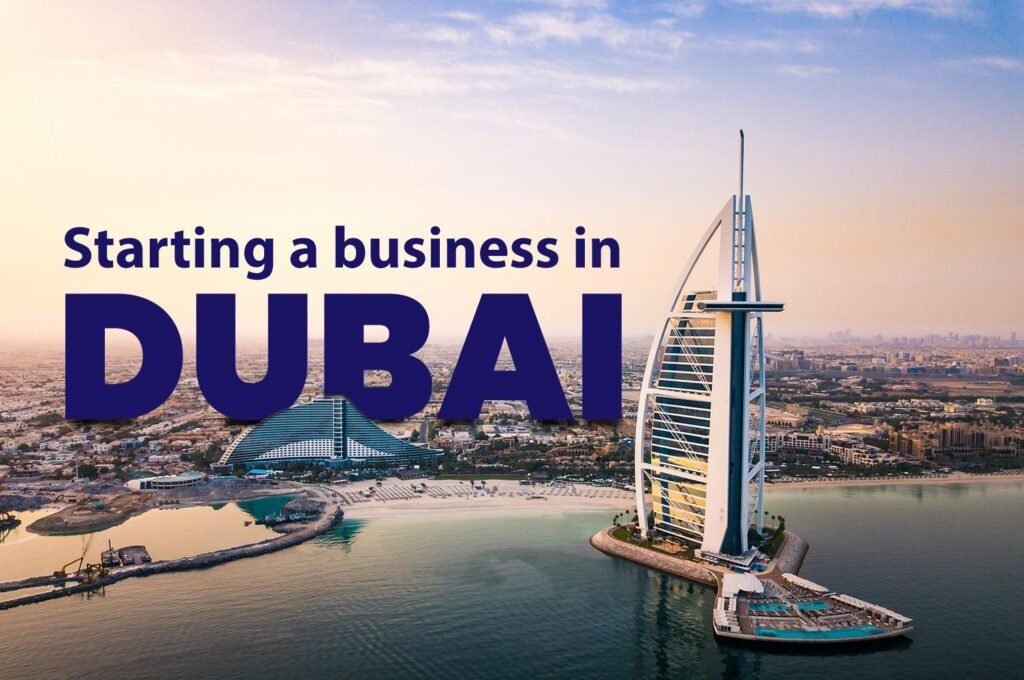
Establishing your business in the UAE involves several practical steps to ensure a smooth setup process. First, conduct thorough market research to determine your business model and target audience, followed by choosing between a Freezone or Mainland setup based on your operational needs. Next, prepare the necessary documentation, including a business plan, passport copies, and proof of residency, which may be required by the local authorities. After that, secure your trade name and obtain the relevant licenses from the Department of Economic Development (DED) or the specific Freezone authority. Finally, set up a business bank account and, if necessary, find a physical office space to comply with local regulations. For personalized assistance throughout this process, Tulpar Global Taxation Services can provide expert guidance tailored to your specific business needs.
Initial Research and Planning
Before starting the registration process, conduct thorough research on both Freezone and Mainland options. Consider factors such as market demand, industry regulations, and potential competitors.
Choosing the Right Freezone or Mainland Authority
Selecting the appropriate Freezone or regulatory authority for your business is vital. Each Freezone has its own set of rules, benefits, and industry focus, while Mainland businesses must comply with the regulations of the Department of Economic Development (DED).
Preparing Necessary Documentation
Gather all required documents, including a business plan, proof of identity, and financial statements. Different setups may have specific documentation requirements, so it’s essential to verify what’s needed for your chosen option.
Engaging Professional Services
Navigating the business setup process in the UAE can be complex. Tulpar Global Taxation Services specializes in assisting businesses with registration, compliance, and strategic planning. Their expertise ensures a smooth setup process and helps you avoid common pitfalls.
Common Misconceptions About Freezone and Mainland Companies
- Freezone Companies Can’t Trade Locally: One prevalent misconception is that Freezone companies cannot engage with the local market at all. While they face restrictions, partnering with a local distributor allows them to access the UAE market.
- Mainland Companies Are Always More Expensive: While the initial setup costs for Mainland companies may be higher due to local sponsorship requirements, the long-term benefits of unrestricted market access can outweigh the initial expenses.
- All Industries Are Allowed in Freezones: Not all industries can operate within Freezones. Each zone has specific industry focuses, and businesses must align their operations with these to qualify for Freezone registration.
Conclusion: Making the Right Choice for Your Business
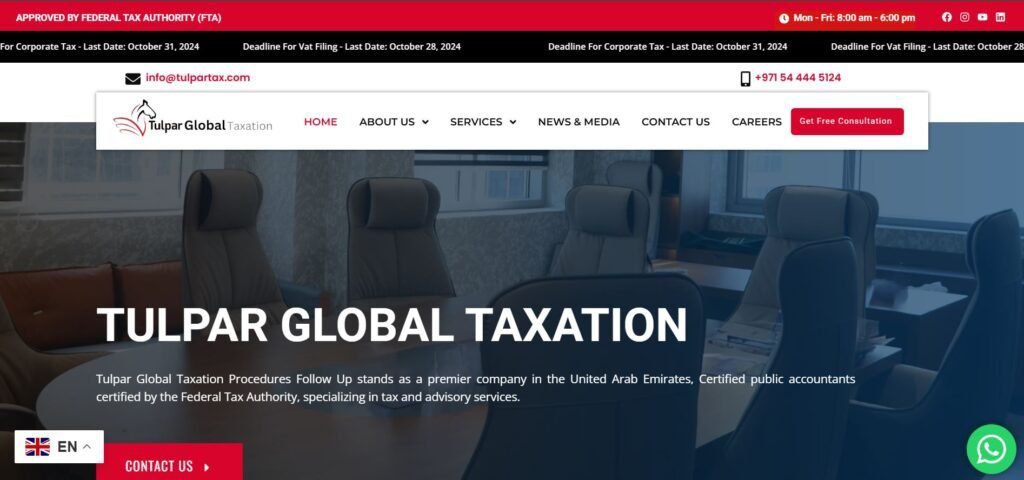
Choosing between a Freezone and Mainland business setup in the UAE is a significant decision that can impact your company’s growth and operations. By understanding the key differences, advantages, and considerations, you can make an informed choice that aligns with your business goals.
As you navigate this process, consider partnering with Tulpar Global Taxation Services for expert guidance on business setup, compliance, and tax planning. Their experienced team is dedicated to helping you establish a successful presence in the UAE.
FAQs: Common Questions About Freezone and Mainland Business Setup
What are the Main Differences Between Freezone and Mainland Companies?
Freezone companies allow for 100% foreign ownership and primarily focus on international trade, while Mainland companies require a local sponsor but can operate freely within the UAE market.
Do I Need a Local Sponsor for a Mainland Company?
Traditionally, Mainland companies required a local sponsor, but recent regulations have allowed for 100% ownership in certain sectors.
What are the Costs Associated with Each Business Setup?
Setup costs can vary. Freezone setups often have lower initial costs, while Mainland companies may incur higher setup expenses due to local sponsorship requirements.
How Can Tulpar Global Taxation Services Help Me with My Business Setup?
Tulpar Global Taxation Services provides expert guidance on navigating the complexities of business setup in the UAE, including compliance, documentation, and strategic tax planning tailored to your specific needs.
The main difference lies in where and how you can operate. Free Zone companies are licensed to operate within their respective Free Zones and internationally, while Mainland companies can operate anywhere in the UAE without restrictions. The right choice depends on your target market and business model.
Free Zone companies are generally restricted from directly trading with the UAE Mainland unless they appoint a local distributor or open a Mainland branch. Mainland companies face no such limitation and can trade freely across the UAE. This is a critical factor for businesses targeting local customers.
Yes, 100% foreign ownership is now allowed in most Mainland business activities, similar to Free Zones. However, certain strategic or regulated activities may still have specific requirements. Ownership rules should always be reviewed before setup.
Free Zone companies may qualify for 0% Corporate Tax on qualifying income if they meet Qualifying Free Zone Person conditions. Mainland companies are subject to standard Corporate Tax rates on taxable profits. VAT obligations apply to both structures depending on activities.
Yes, compliance requirements can differ. Many Free Zones require annual audited financial statements, while Mainland audit requirements depend on the license and authority. Both structures must comply with VAT and Corporate Tax regulations.
Free Zones are often preferred by startups due to lower setup costs, simplified processes, and business-friendly packages. Mainland setup is more suitable for businesses planning to scale locally and deal directly with UAE customers. The decision should align with growth strategy.
Free Zone licensing costs are usually fixed and bundled with visa packages, making budgeting easier. Mainland costs can vary based on activity, office space, and approvals. Long-term operational costs should also be considered, not just setup fees.
No, VAT obligations are generally the same and depend on taxable turnover and transaction type. Being in a Free Zone does not automatically mean VAT exemption. Proper VAT assessment is required for both setups.
Yes, businesses can migrate from Free Zone to Mainland by restructuring or opening a new entity. However, this process involves regulatory approvals and potential tax implications. Planning ahead can avoid unnecessary costs.
Choosing between Free Zone and Mainland requires analysis of tax, licensing, compliance, and long-term goals. Working with experienced advisors like Tulpar Global Taxation helps businesses select the most suitable structure and remain fully compliant.
